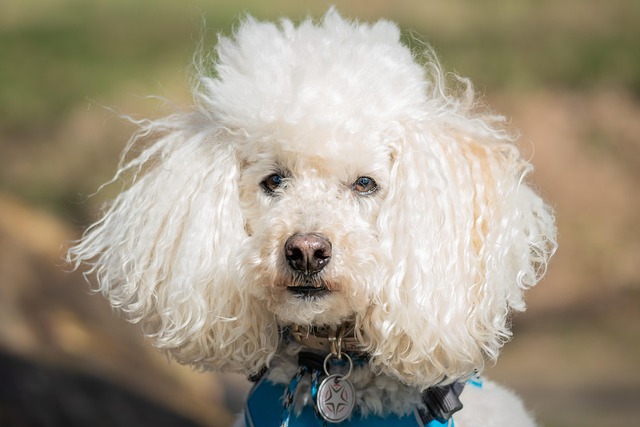
What is glaucoma in a dog?
You might notice your dog squinting more at mealtime or avoiding bright sunlight—these small changes could be early signs of a serious eye condition.
The first few nights with a new puppy are legendary for a reason: the whining, the lost sleep, and the feeling of utter helplessness are a rite of passage for every new dog owner. That piercing cry in the dark isn't your puppy being difficult; it's a profound expression of fear and loneliness. For the first time in their short life, they are without the warmth and heartbeat of their mother and littermates. Understanding this biological and emotional need for comfort is the first step to a peaceful night. Their tiny bladders are also a major factor; an 8-week-old puppy simply cannot hold it for more than 2-3 hours, making nighttime potty breaks a non-negotiable physiological reality.
Your strategy should be a blend of preparation and patience. Set up a crate right next to your bed where your puppy can see, hear, and smell you. Your presence is their security blanket. Make the crate inviting with a soft blanket and a safe, warm cuddle toy that mimics a heartbeat. An hour before bedtime, remove their water bowl. Right before you turn out the light, take them for one last, calm potty trip to their designated spot outside, using a specific cue like "go potty." When they do, offer quiet praise. Set a gentle alarm for every 2-3 hours throughout the night. When it goes off, don’t wait for them to cry. Calmly carry them outside, avoid any play or excitement, give them a chance to go, and then straight back to the crate. This teaches them that night wakings are for business, not fun.

Successfully navigating these first nights is your introduction to the broader responsibilities of dog ownership, which include specific legal and social expectations. Part of keeping your puppy healthy and safe involves adhering to your state's mandatory rabies vaccination laws; starting this process with your vet is a core legal requirement. Those multiple nighttime potty trips are also your first lesson in community courtesy. Even at 3 a.m., in your pajamas, your obligation to immediately clean up after your puppy with a bag is a fundamental rule—it’s often the law and is a basic sign of respect for your shared environment. The way you respond to your puppy’s cries—with calm reassurance, not frustration or punishment—sets the tone for a relationship built on trust and positive reinforcement, which is the modern, culturally expected standard for training. For apartment dwellers, managing nighttime noise through this proactive approach is not just about your sanity; it’s essential for preventing complaints and maintaining good relations with your neighbors from the very start.

You might notice your dog squinting more at mealtime or avoiding bright sunlight—these small changes could be early signs of a serious eye condition.

Let’s set the scene: It’s a sweltering Phoenix afternoon—105°F outside—and you rushed your 2-year-old Lab mix, Cooper, on a quick walk to “get it over with.”

Let’s get real: You’re in your Miami apartment, watching your 3-year-old Corgi, Loki, struggle to climb the stairs to your second-floor unit.

Many dog owners brush off occasional scratching as just “dog behavior,” but persistent itching often signals something more—like a food allergy.

You might first notice your dog scratching more than usual—chewing at their paws until the fur looks thin, or rubbing their face against the couch nonstop.

Let’s be real: You’re standing in your Chicago apartment, watching your 3-year-old Beagle, Max, huff and puff just to climb onto the couch.